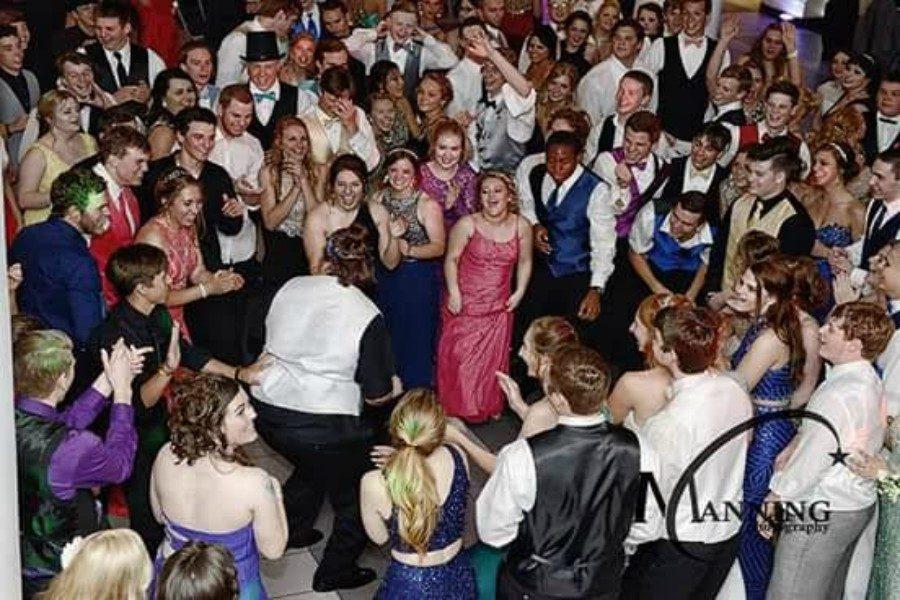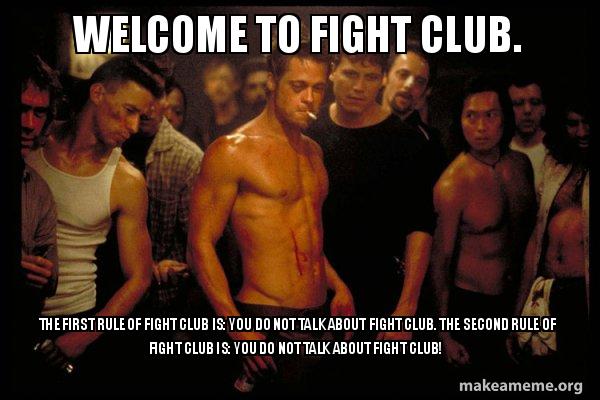Coming of age for a person means that they have reached adulthood and are recognized as such. This involves teens maturing emotionally and the time of independence. Many movies have been based on this idea, most famously, The Breakfast Club.
The Breakfast Club was a staple movie of the 80’s written and directed by movie legend John Hughes.
The story follows 5 stereotypical students during a Saturday all-day detention situated in the library of Shermer High School in the fictional town of Shermer, Illinois. The students are supervised by vice principal Richard Vernon, who tells the students to not move or talk and write a thousand-word essay on “who they think they are.”
What makes this movie stand out from other coming of age movies is the ingenious character personalities and the message of struggling to be understood by others.
In The Breakfast Club, each student has a distinct stereotypical high school personality. For example, Claire is a popular girl who finds herself succumbing to peer pressure, John is a defiant teenager who received detention for pulling the fire alarm. Andrew is a jock who is always trying to win approval. Brian is a nerdy student who is overcome by the pressure to achieve grades and attempts suicide with a flair gun at school. Finally, Alison is a introverted liar who has trouble with her neglectful parents.
On the surface, each student is different and has their own seemingly independent problem. Despite differences, they realize that their problems bleed in together in the struggle against authority and being accepted by others.
The group also shows the basic struggles of high school through their personalities. Brian portrays the pressure put on by parents about grades and the over obsession of them. Claire and Andrew show the struggle of needing to fit into a group and to be accepted by others. Allison and John show the introverted-extroverted side of high school and the need to deviate from the norm.
These struggles are still prevalent in most high schools across America, whether it’s a bad grade on a test that leads to a breakdown or the falling out of a close friend group. Furthermore, incidents of hazing in school sports show that students will do anything just to fit in.
Another key aspect of the movie is the struggle against authority and the need for more independence. The students bond together over the pressure and abuse from their parents leading them to realizing they are closer in common than they think. This represents the ideology of, “you never know what goes on behind closed doors.”
The students also have a common enemy throughout the movie in Vice Principal Vernon.
Vernon acts as the main authority in the movie trying to control the students and failing time after time. In one scene Vernon is complaining to the janitor about how students of that generation are less disciplined than those of the past. The janitor tells Vernon that it is him who has changed and cares too much about what students think of him, showing that Vernon struggles with his own identity problems.
This plot point is a symbolic representation of the staff-student relation. The teachers struggle to get students to learn and behave, and students try to gain freedom and more independence.
The Breakfast Club is a perfect representation of the struggle teenagers face in school. Teenagers fight to be understood by adults, other students, and themselves. Teenagers also struggle against authority, trying to find freedom from their parents.
It’s easy to say that teenagers don’t “come of age” simply because they have less of an opportunity. Authority has gotten stronger and harder to challenge. In a modern-day world, a kid couldn’t easily walk out of the house at 18 and be successful. Inflation is at higher than ever and the housing crisis has restricted teens to their parents’ homes.
However, the movie’s message of sharing more in common than you think still holds true. High school still has the normal cliques, although not as prevalent, but they still exist. Overall the main messages hold up and show that we need to love one another a little more.














